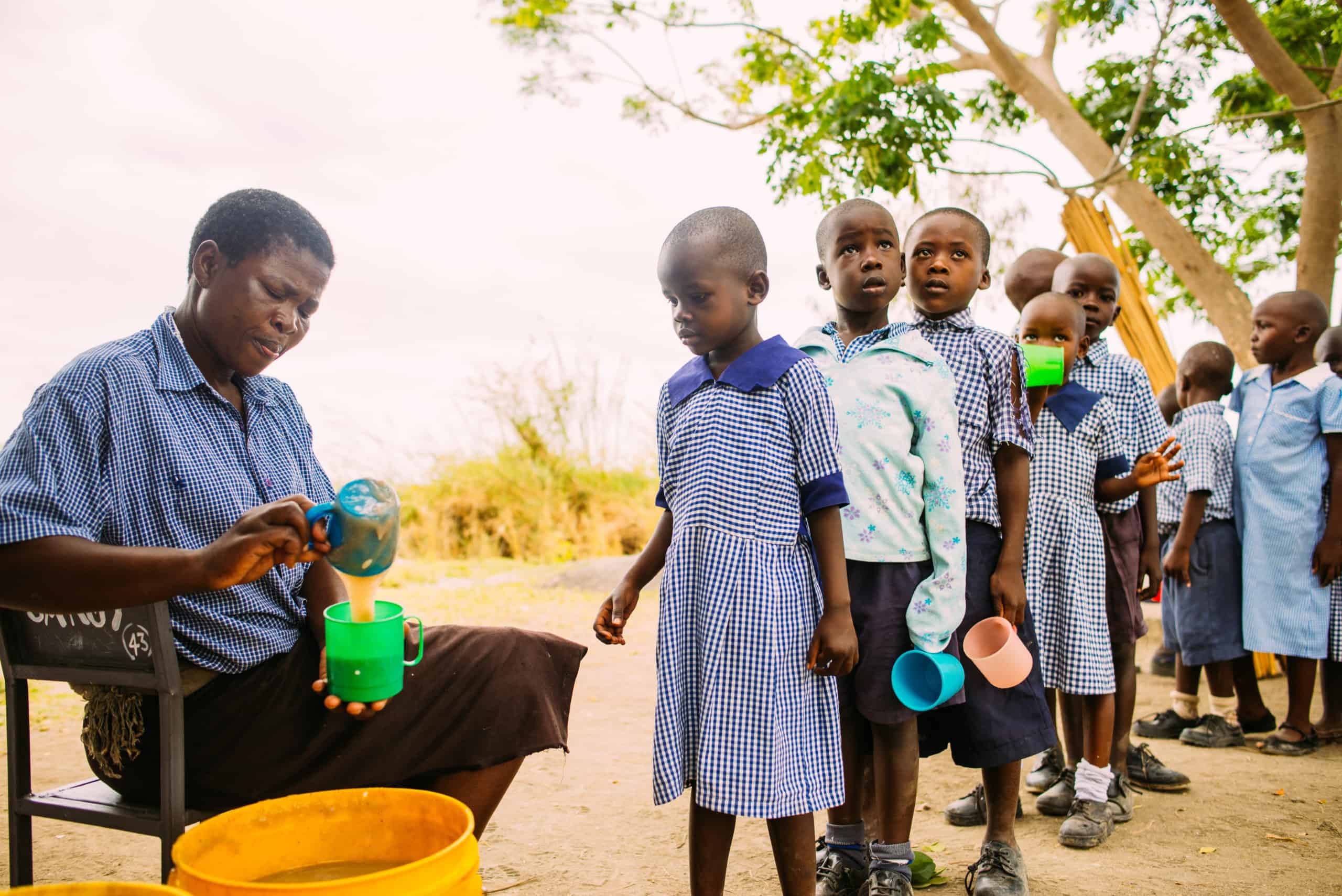- As many as 811 million people – about a 10th of the global population – were undernourished in 2020
- The fallout from the pandemic put healthy food further out of reach for many people
World hunger spiked last year, outpacing population growth and probably reaching the highest since 2005, as the COVID-19 pandemic curbed incomes and access to food, according to the United Nations.
As many as 811 million people – about a 10th of the global population – were undernourished in 2020, a UN report said. The UN agencies said it will now take a “tremendous” effort for the world to fulfill a pledge to end hunger by 2030, and reiterated a call to transform food systems.
The fallout from the pandemic put healthy food further out of reach for many people, and this year’s surge in food prices to the highest in almost a decade is particularly bad news for poorer countries dependent on imports. Conflict, climate change and economic downturns – the major drivers of food insecurity and malnutrition – continue to increase in both frequency and intensity, and are occurring more often in combination.
“While 2020 was an immense challenge for the world, it may also be a warning of unwelcome events to come if more resolute actions to change course are not taken,” the UN said in the report.
Between 720 million and 811 million people were undernourished last year, according to the UN, which used a mid-range of 768 million due to uncertainty of the pandemic’s impact. Most of those were in Asia. Roughly a third of all people lacked access to adequate food, a figure that rose by 320 million from a year earlier, about as much as in the previous five years combined.
The report – the first global assessment of food insecurity in the wake of the COVID-19 crisis – was jointly produced by agencies including the Food and Agriculture Organisation, the World Food Programme, UNICEF and World Health Organisation.








